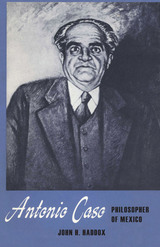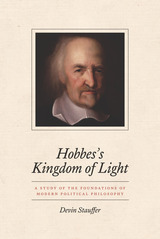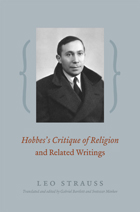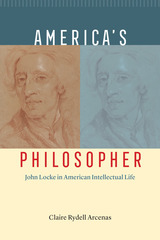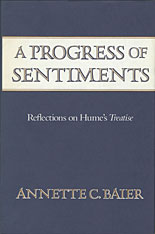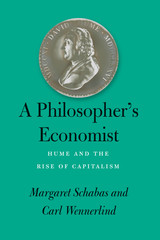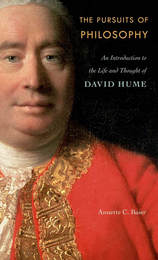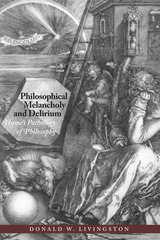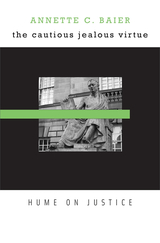Paper: 978-0-8166-1066-2
Library of Congress Classification B1348.B44 1982
Dewey Decimal Classification 192
Berkeley was first published in 1982. Minnesota Archive Editions uses digital technology to make long-unavailable books once again accessible, and are published unaltered from the original University of Minnesota Press editions.
In contemporary philosophy the works of George Berkeley are considered models of argumentative discourse; his paradoxes have a further value to teachers because, like Zeno's, they challenge a beginning student to find the submerged fallacy. And as a final, triumphant perversion of Berkeley's intent, his central contribution is still commonly viewed as an argument for skepticism - the very position he tried to refute. This limited approach to Berkeley has obscured his accomplishments in other areas of thought - his account of language, his theories of meaning and reference, his philosophy of science. These subjects and others are taken up in a collection of twenty essays, most of them given at a conference in Newport, Rhode Island, commemorating the 250th anniversary of Berkeley's American sojourn of 1728–31. The essays constitute a broad survey of problems tackled by Berkeley and still of interest to philosophers, as well as topics of historical interest less familiar to modern readers. Its comprehensive scope will make this book appropriate for text use.
See other books on: 1685-1753 | Berkeley | Berkeley, George | Critical | Interpretive Essays
See other titles from University of Minnesota Press

